‘We could have achieved this ten years ago’
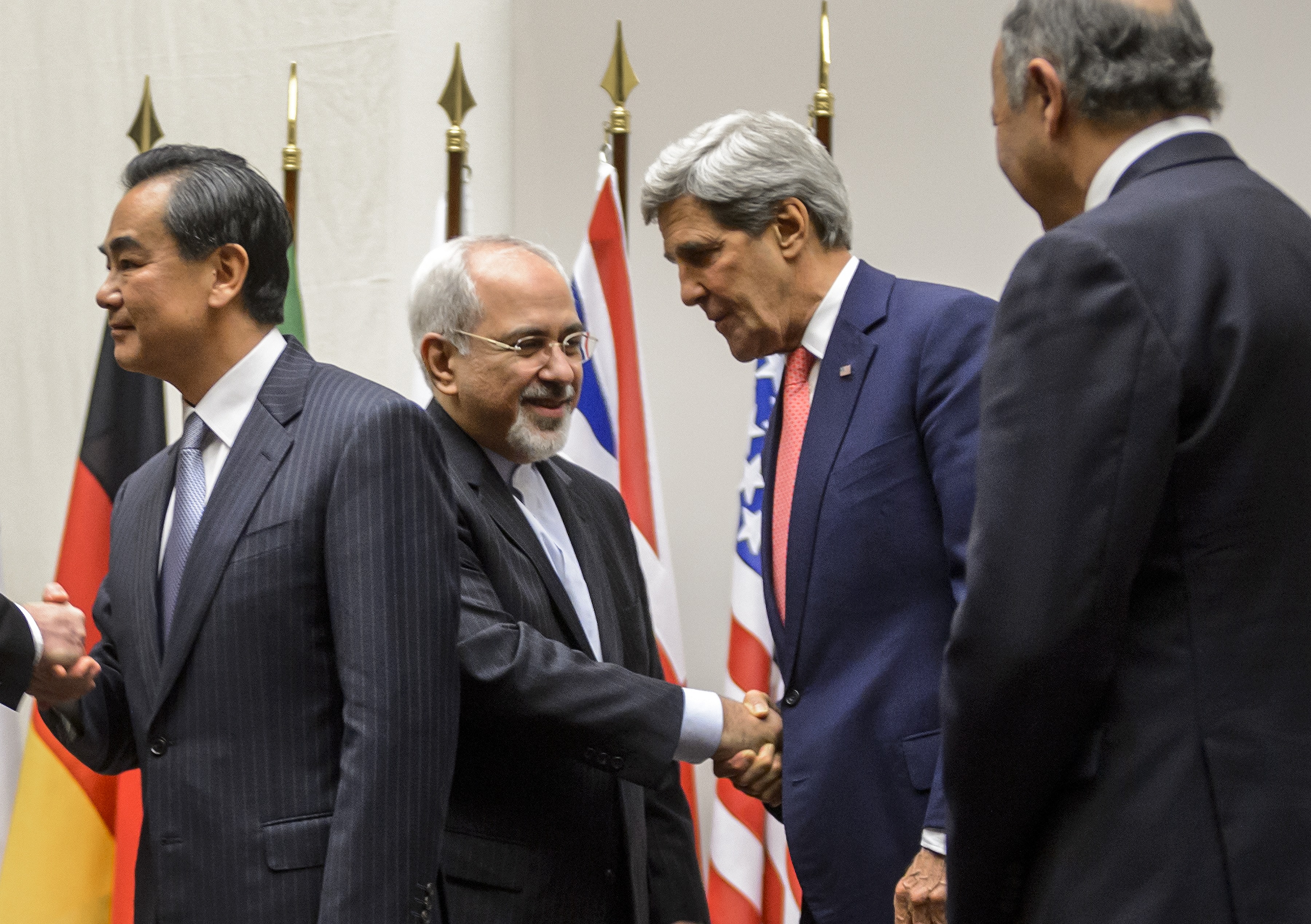
If it hadn’t been for extremists on both sides blocking attempts to get a deal, the Iranian nuclear crisis could have been resolved a decade ago, according to Bruno Pellaud, former deputy director of the International Atomic Energy Agency (IAEA).
Pellaud tells swissinfo.ch the accord signed in Geneva was a “win-win”.
From 1993 to 1999, Swiss physicist Bruno Pellaud was IAEA deputy director in Vienna, responsible for North Korea and Iran. Later, from 2001 to 2009, he was president of the Swiss Nuclear Forum. He says the agreement signed on Sunday in Geneva after a four-day marathon diplomatic effort between Iran and the P5+1 (the United States, Russia, China, France, Great Britain + Germany) bodes well for diffusing the seemingly never-ending Iranian nuclear crisis.
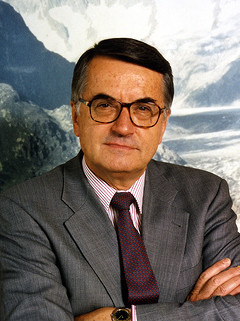
swissinfo.ch: Who are the winners of the Geneva agreement?
Bruno Pellaud: I would say both sides. Each one got the essential concession that it wanted. The Iranians don’t lose face because their right to continue to enrich uranium has been recognised. Their starting point, as someone close to [former Iranian president Mahmoud] Ahmadinejad once told me, is “everything we’ve acquired, we keep. And if they stop us from doing other things, then we agree to stop”. As for the West, it’s won a formalisation of extensive transparency of the Iranian nuclear programme – which, incidentally, is the country the most controlled by the IAEA.
That said, my big frustration is that we were there ten years ago. At that time, then-president Hassan Rohani was the chief negotiator and his partner was Mohammad Javad Zarif, Iran’s current foreign minister. Iran had stopped enriching uranium in 2003; several months later, the two men signed a temporary agreement and accompanying protocol which allowed for very, very, intrusive inspections by the IAEA. In exchange, the West lifted sanctions.
So in 2004, the Iranians were ready to accept what they have accepted today. But the Europeans dragged their feet because they were hoping to see Ali Akbar Hashemi Rafsanjani return to the presidency in 2005. They didn’t respond to the Iranian offers and in the end, it was Ahmadinejad who won the election.
Then there was the accord of 2006, again almost identical to the one signed today. While the Bush administration had put a spanner in the works for a long time, then-secretary of state Condoleezza Rice managed to convince the president [to go ahead with it], against the advice of the “hawks” in Washington. Unfortunately, that agreement failed because Ahmadinejad and Iran’s supreme leader Ali Khamenei pulled the rug from under the feet of their negotiator at the last minute.
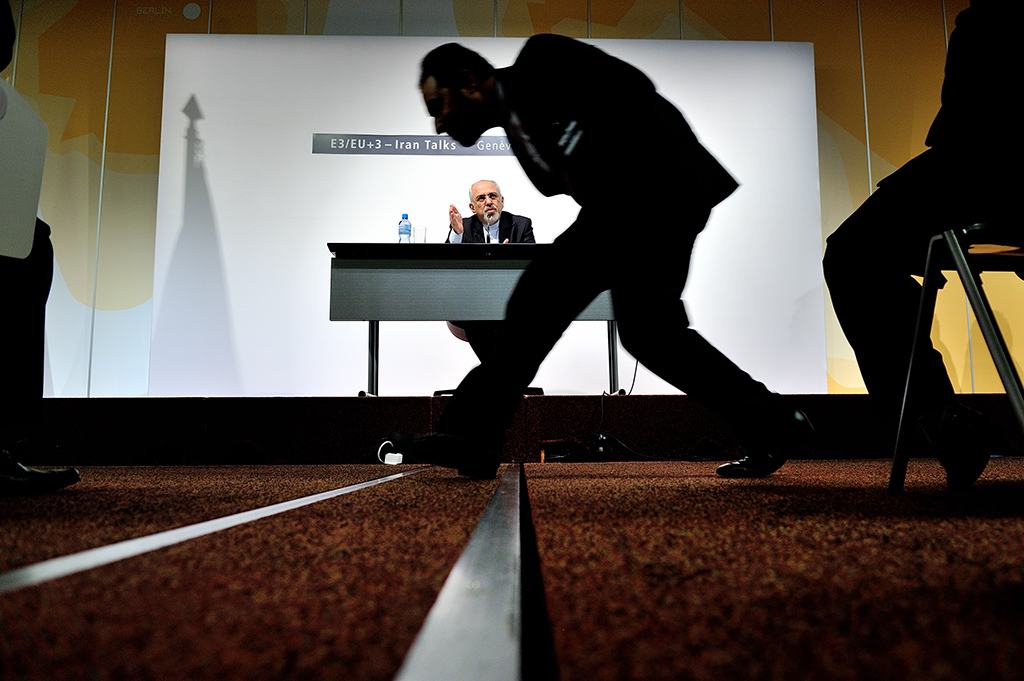
More
The unfolding of the Iranian nuclear deal
swissinfo.ch: What about the efforts by the Swiss initiated between 2008 and 2010?
B.P.: At the time, Swiss foreign minister Micheline Calmy-Rey had pushed the role of mediator on the basis that the Swiss represent American interests in Tehran. There was some pretty intense activity, driven by state secretary Michael Ambühl. I was lucky to be an advisor in this team and I went to Tehran with him. We tried to find something that would be acceptable to the Iranians and to the West. And people listened to us. Ali Larijani, who today presides over the Iranian parliament, was the chief negotiator and almost every time he was in Europe, he came to Bern to see Calmy-Rey and Ambühl.
But in the end, despite three rounds of negotiations in Geneva, nothing was achieved. At the time, I had the impression that the Iranians were playing with the Swiss a bit, as they then tried to do with Turkey.
swissinfo.ch: So why do we have an agreement today? Is it the Rohani effect? Or the Obama effect?
B.P.: Both. Obama was a prisoner of his first term, but we thought for the second term he would be stronger, even if I think that on the whole, he has struggled with foreign affairs. On the Iranian side, there has been a change. With a supreme leader who is weak and cannot immediately cut the grass from under the feet of the new president, Rohani has taken foreign affairs in hand.
There is also the economic situation in Iran. The country really needs some relief from sanctions. You could say that the sanctions forced the regime to bend. Rohani and Zarif are not doing this just to make a beautiful diplomatic gesture, they have to do it. Rohani, if he wants a second term, must bring about change in the economy.
The accord takes the form of a four-page “joint action plan” in which:
Iran agrees to stop enriching uranium to more than 5% and to dismantle equipment necessary for enrichment above 5%; to neutralise its stock of uranium enriched to 20% by diluting it; and not to build new uranium centrifuges. Tehran will interrupt construction of a reactor in its Arak facility which could produce plutonium, and will refrain from building a facility that could extract plutonium from spent fuel. Finally, Iran will allow daily access to its sites to inspectors from the International Atomic Energy Agency (IAEA).
The countries of the P5+1 agree to a temporary, targeted lifting of sanctions (which could be cancelled) worth around $7 billion (CHF6.38 billion); they will not impose new sanctions as long as Iran respects the terms of the Geneva agreement; the will suspend certain sanctions on gold and precious metals, the car industry and petrochemical exports from Iran. In addition, the big powers agree to release $4.2 billion resulting from sanctions on sales of Iranian oil. However, most of the American sanctions, both financial and commercial, will remain in place over the next six months, as will sanctions imposed by the United Nations Security Council.
Source: AFP
swissinfo.ch.: The Israeli government immediately denounced the agreement, which it believes leaves Iran free to build an atomic bomb. What do you think?
B.P.: No. On that point, Israel is living in another world. In fact, it’s not the bomb that worries them, it’s their supremacy in the Middle East. Their own bomb provides them with a sort of immunity and in reality, for them, Iran is a danger not only because of the risk of a bomb, but because of its influence over neighbouring states – over Hezbollah, Syria and Lebanon. Israel is behaving in flagrant bad faith. When I was in Vienna, every three months I had a visit from their ambassador who told me: “The Iranians are three months away from having the bomb”. That went on for six years. And now Israeli prime minister Benjamin Netanyahu is continuing to exaggerate, but there is no value to it.
swissinfo.ch: The Geneva accord only lasts for six months and some are already saying the problems that need to be overcome to reach a definitive accord are enormous. Should we be worried about new obstructions?
B.P.: I’m not pessimistic. The essential points were resolved in Geneva. The details – what happens to the facility at Arak and the accompanying protocol – will open the door to very rigorous inspections. But again, Rohani and Zarif already accepted these ten years ago. What could happen is that the Iranian parliament will not ratify the accord before significant progress has been made in relation to sanctions. But even in that case, the West won’t be able to slam the door. It seems to me that the essential points have been resolved, and what follows will depend on Western sanctions.
(Translated from French by Sophie Douez)

In compliance with the JTI standards
More: SWI swissinfo.ch certified by the Journalism Trust Initiative
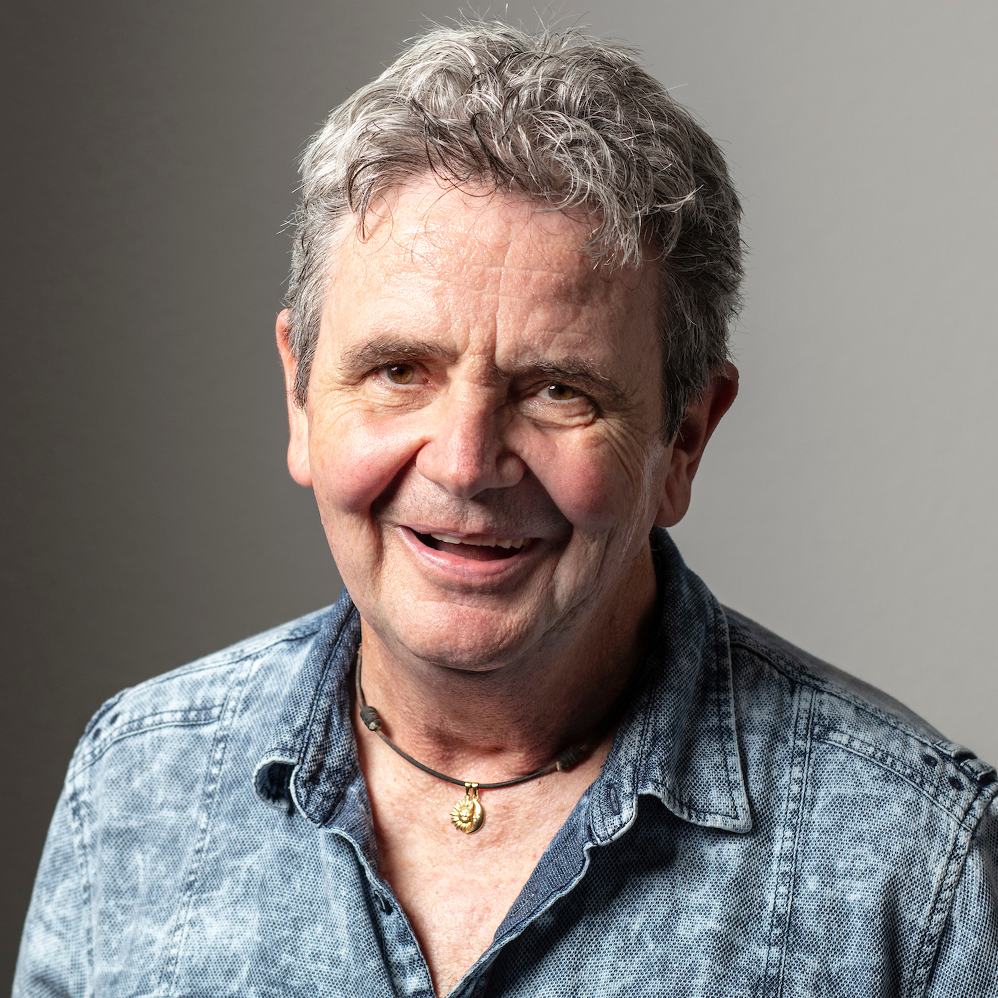

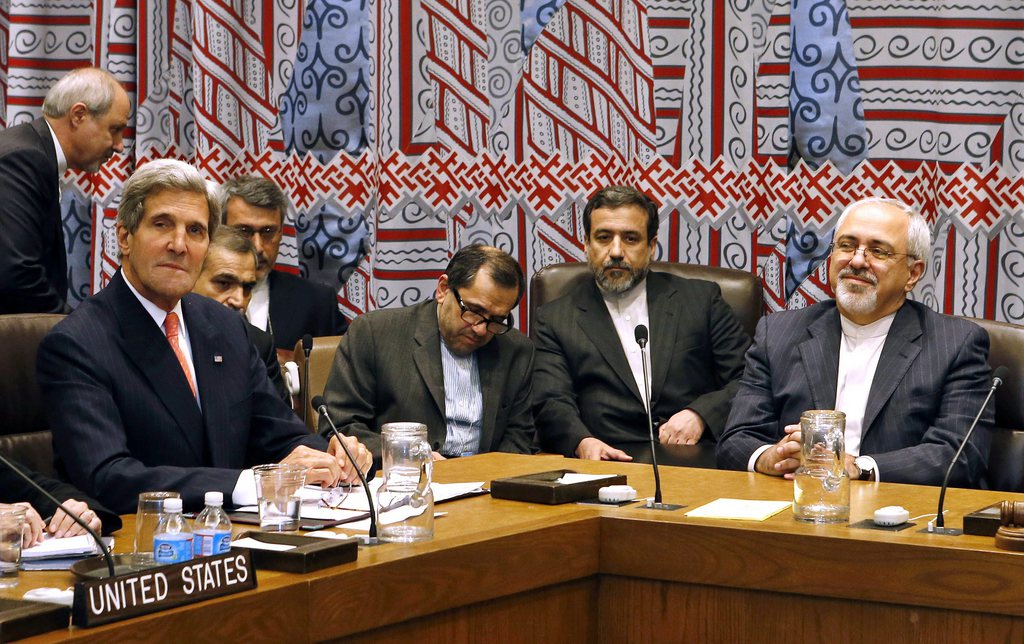
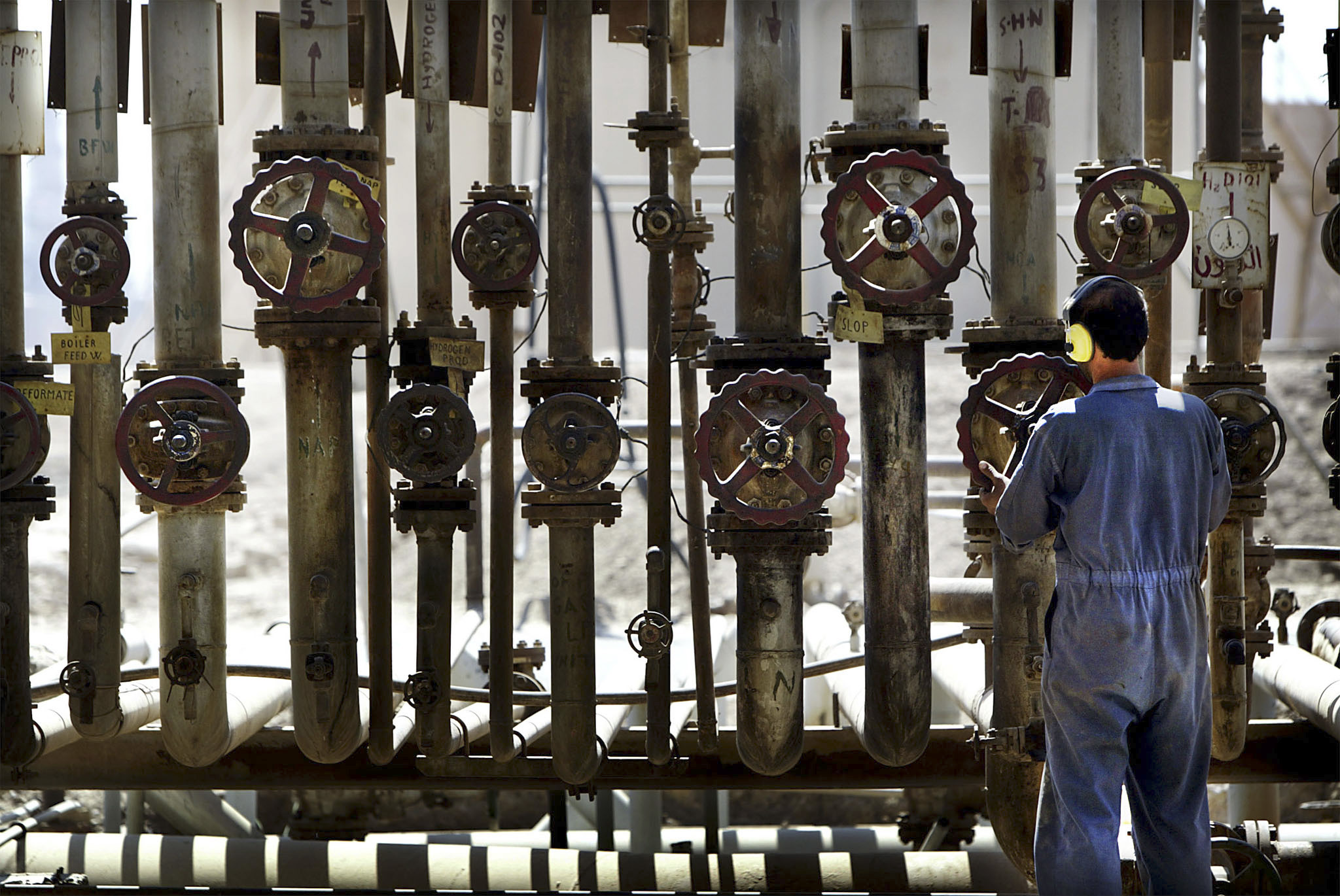
You can find an overview of ongoing debates with our journalists here. Please join us!
If you want to start a conversation about a topic raised in this article or want to report factual errors, email us at english@swissinfo.ch.